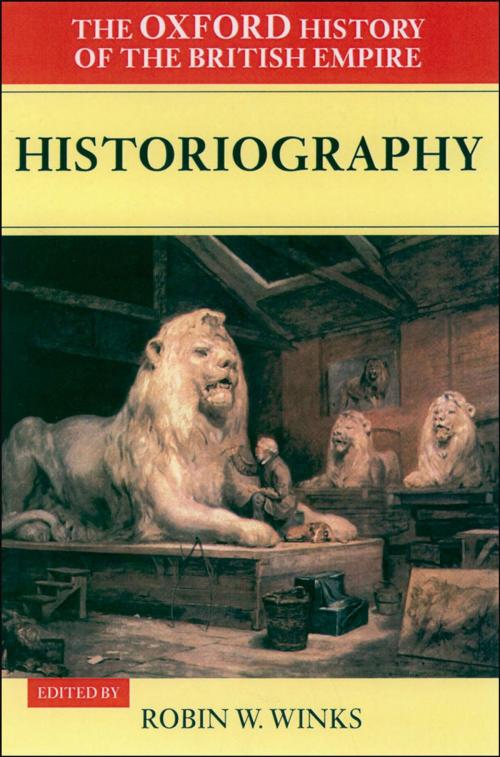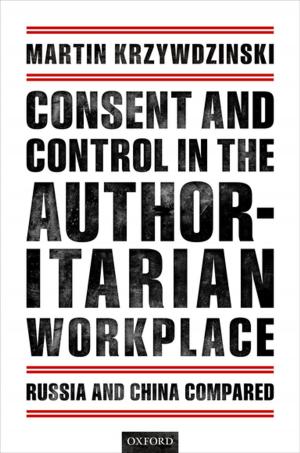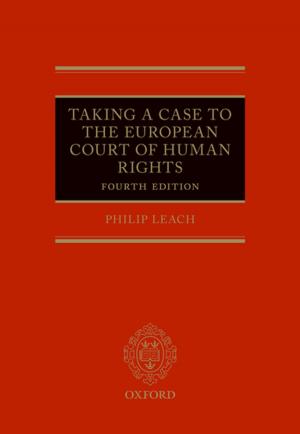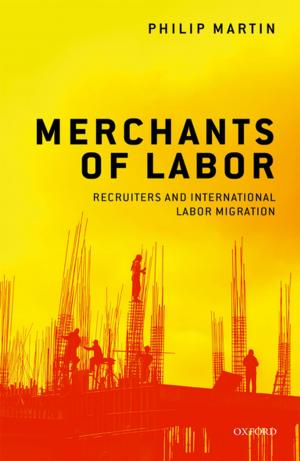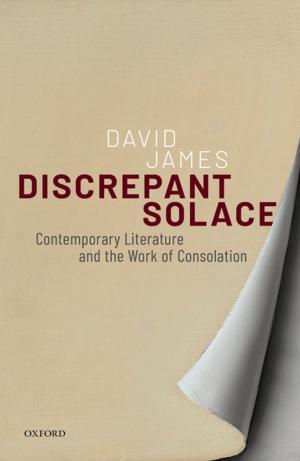The Oxford History of the British Empire: Volume V: Historiography
Nonfiction, History, World History, British| Author: | Wm.Roger Louis | ISBN: | 9780191647697 |
| Publisher: | OUP Oxford | Publication: | July 26, 2001 |
| Imprint: | OUP Oxford | Language: | English |
| Author: | Wm.Roger Louis |
| ISBN: | 9780191647697 |
| Publisher: | OUP Oxford |
| Publication: | July 26, 2001 |
| Imprint: | OUP Oxford |
| Language: | English |
The Oxford History of the British Empire is a major new assessment of the Empire in the light of recent scholarship and the progressive opening of historical records. From the founding of colonies in North America and the West Indies in the seventeenth century to the reversion of Hong Kong to China at the end of the twentieth, British imperialism was a catalyst for far-reaching change. The Oxford History of the British Empire as a comprehensive study helps us to understand the end of Empire in relation to its beginning, the meaning of British imperialism for the ruled as well as for the rulers, and the significance of the British Empire as a theme in world history. This fifth and final volume shows how opinions have changed dramatically over the generations about the nature, role, and value of imperialism generally, and the British Empire more specifically. The distinguished team of contributors discuss the many and diverse elements which have influenced writings on the Empire: the pressure of current events, access to primary sources, the creation of relevant university chairs, the rise of nationalism in former colonies, decolonization, and the Cold War. They demonstrate how the study of empire has evolved from a narrow focus on constitutional issues to a wide-ranging enquiry about international relations, the uses of power, and impacts and counterimpacts between settler groups and native peoples. The result is a thought-provoking cultural and intellectual inquiry into how we understand the past, and whether this understanding might affect the way we behave in the future.
The Oxford History of the British Empire is a major new assessment of the Empire in the light of recent scholarship and the progressive opening of historical records. From the founding of colonies in North America and the West Indies in the seventeenth century to the reversion of Hong Kong to China at the end of the twentieth, British imperialism was a catalyst for far-reaching change. The Oxford History of the British Empire as a comprehensive study helps us to understand the end of Empire in relation to its beginning, the meaning of British imperialism for the ruled as well as for the rulers, and the significance of the British Empire as a theme in world history. This fifth and final volume shows how opinions have changed dramatically over the generations about the nature, role, and value of imperialism generally, and the British Empire more specifically. The distinguished team of contributors discuss the many and diverse elements which have influenced writings on the Empire: the pressure of current events, access to primary sources, the creation of relevant university chairs, the rise of nationalism in former colonies, decolonization, and the Cold War. They demonstrate how the study of empire has evolved from a narrow focus on constitutional issues to a wide-ranging enquiry about international relations, the uses of power, and impacts and counterimpacts between settler groups and native peoples. The result is a thought-provoking cultural and intellectual inquiry into how we understand the past, and whether this understanding might affect the way we behave in the future.
